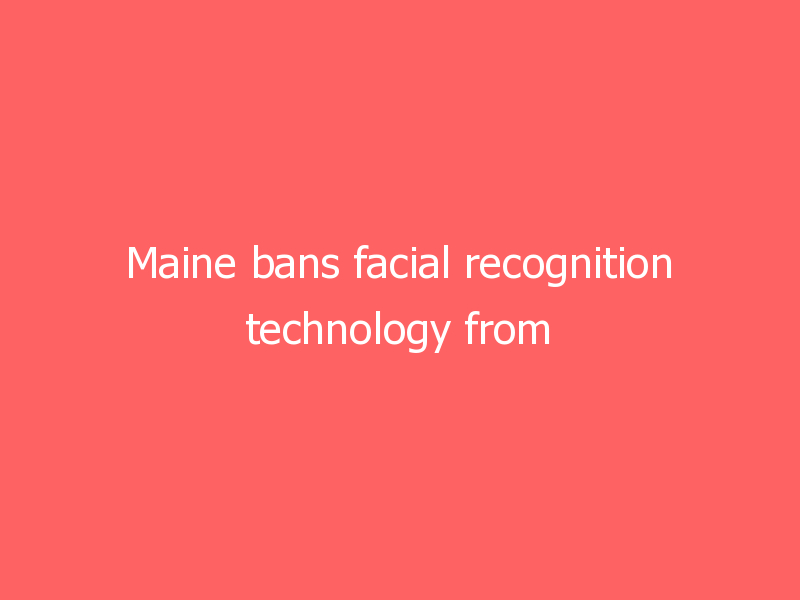Maine has passed the strongest statewide law regulating government use of facial recognition to date. The state’s House and Senate voted unanimously in favor of rules that prohibit law enforcement from using the technology unless they have probable cause that an unidentified person in an image committed a serious crime. Once the law goes into effect later this year, it will also limit how police conduct facial ID searches. They won’t have direct access to the tech. Instead, they’ll need to go through the FBI and Maine Bureau of Motor Vehicles (BMV) in the few instances where they’re sanctioned to use it.
Additionally, the law affords citizens the right to sue the state if they believe a government agency has used the technology unlawfully. It also prohibits Maine from deploying facial recognition systems in schools, and mandates that both Maine State Police and the BMV will need to maintain public records of search requests from law enforcement.
The American Civil Liberties Union (ACLU) said the bill “stands in sharp contrast” to Washington state’s SB 6280, the only other statewide law in the US governing the use of facial recognition. That bill was sponsored and primarily written by a current Microsoft employee. It has also been criticized by privacy advocates for giving police too many opportunities to use the technology for surveillance purposes.
Originally found on Engadget Read More







